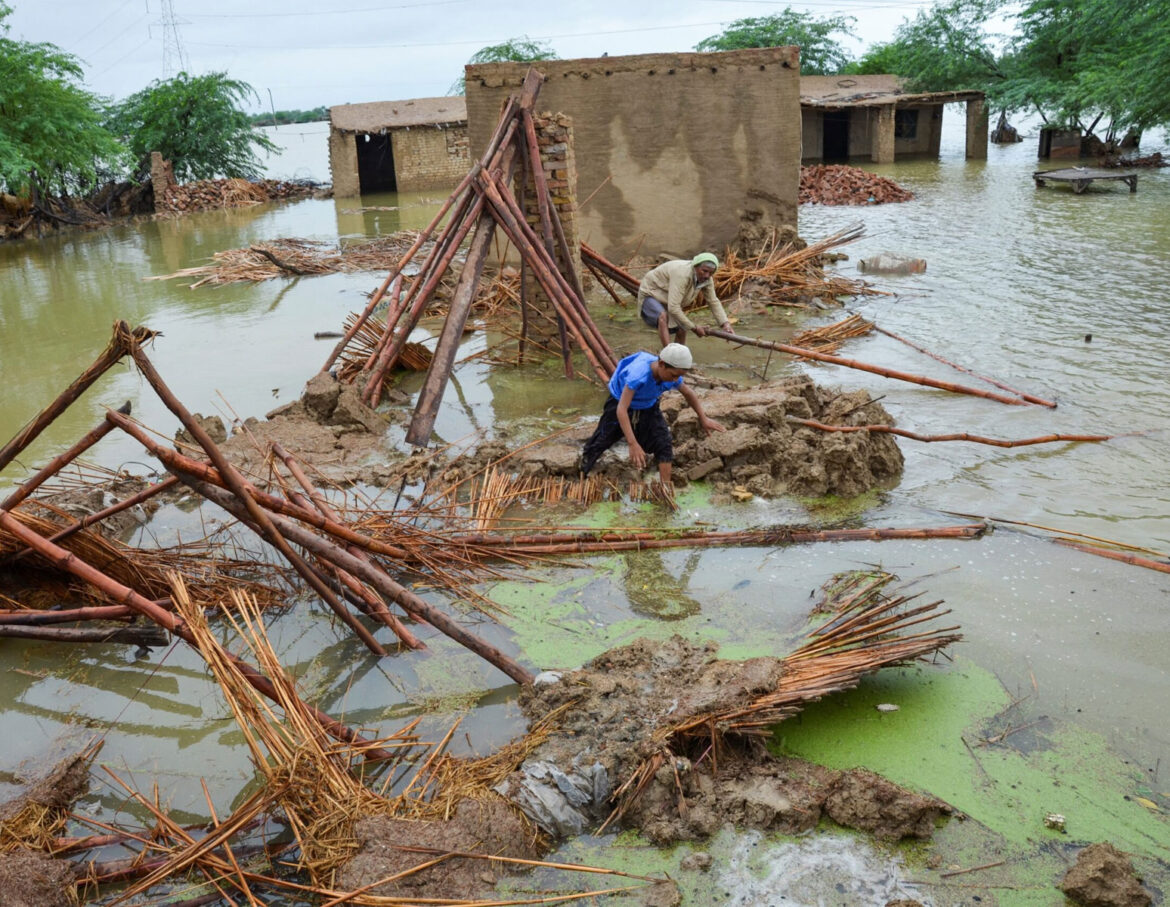The Pakistan Meteorological Department (PMD) has issued a flash flood warning for various parts of Balochistan due to rainfall expected on Saturday night and Sunday.
The affected areas include Chaghi, Nokundi, Kharan, Pishin, Qilla Abdullah, and Quetta, according to the Met Office update.
Residents and travelers in these regions have been advised to exercise caution as heavy rainfall could lead to traffic disruptions, road closures, and slippery conditions in Quetta, Ziarat, Chaman, Pishin, Qilla Abdullah, and Qilla Saifullah.
The PMD attributed the weather changes to a westerly wave, forecasting moderate rain and windstorms in parts of Balochistan, including Chaghi, Noushki, Kalat, Barkhan, Khuzdar, Harnai, Zhob, Musakhel, Kharan, Kech, Panjgur, and Gwadar, between January 18 and 20.
The department emphasized the importance of taking precautionary measures to ensure safety during these unpredictable weather conditions.
Widespread Weather Effects Expected
In addition to Balochistan, rain, snowfall, and strong winds are anticipated in northwestern Balochistan, upper Khyber Pakhtunkhwa, Gilgit-Baltistan, Islamabad, the Pothohar region, Kashmir, Murree, and Galyat.
Cold and dry weather will dominate most areas, with severe cold in higher regions on Sunday. Dense fog is expected in Punjab, upper Sindh, and Khyber Pakhtunkhwa plains during the morning and night.
Recent Weather Observations
The PMD reported cold and dry conditions nationwide over the past 24 hours, with severe cold in hilly areas and partial cloudiness. Dense fog was observed in many districts of Punjab and upper Sindh.
Lowest Temperatures Recorded
The following were the minimum temperatures recorded on Saturday:
- Leh: -11°C
- Skardu: -9°C
- Gupis: -7°C
- Astor and Qalat: -6°C
- Rawalakot and Kalam: -4°C
- Malam Jabba and Hunza: -3°C
PMD Denies Viral Social Media Claims
On January 14, the PMD dismissed false reports circulating on social media that the country would experience its coldest weather in 100 years following snowfall in parts of Saudi Arabia.
Residents are urged to stay updated on official weather advisories and avoid unnecessary travel to affected areas during this period.



